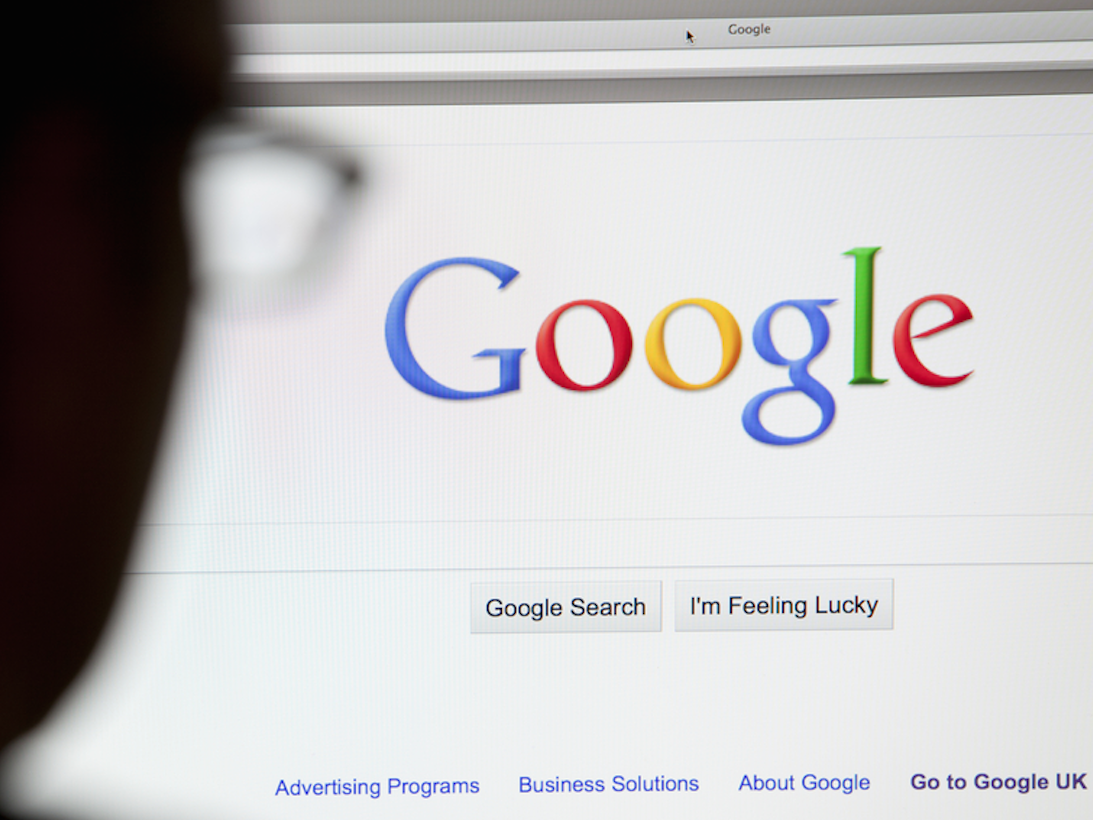
Google’s head of news has warned that proposed changes to European copyright law will hit smaller news publishers hardest and “limit innovation in journalism”.
Richard Gingras urged EU policymakers to “fix” what Google perceives to be the “unintended consequences” of Article 11 of the European Union copyright directive, which is in the final stages of becoming law.
The tech giant is strongly opposed to Article 11, dubbed the “link tax” or “publishers’ right”, that would force online platforms and aggregators to pay copyright holders, such as journalists, to use their content.
This would be applied to snippets and previews of articles – such as those used in Google News and search results – but does not extend to hyperlinks or words used to descibe them.
Wikipedia and other non-profit or open-source platforms are also exempt.
MEPs voted in favour of reforms to European copyright law in September. It is now being debated by members of the European Parliament, Commission and Council in what’s known as “trialogue” on the path to becoming law.
Once agreed, it would be up to EU member states to enact locally.
The reforms are intended to modernise copyright to bring it up-to-date for the current digital environment, recognising that news publishers and other content creators are losing out to online platforms.
Under Recital 32 of amendments to the directive, it states: “The organisational and financial contribution of publishers in producing press publications needs to be recognised and further encouraged to ensure the sustainability of the publishing industry.
“It is therefore necessary to provide at [European] Union level a harmonised legal protection for press publications in respect of digital uses.
“Such protection should be effectively guaranteed through the introduction, in Union law, of rights related to copyright for the reproduction and making available to the public of press publications in respect of digital uses.”
Gingras used a blog post, published today, to warn that if the copyright directive goes ahead unchanged, it will force Google to strike up commercial licences with publishers to show hyperlinks and news snippets.
He said decisions on what content to include and what to exclude would then be taken on the basis of those deals, in contrast to the open and free distribution of content model it uses currently.
“Presently, more than 80,000 news publishers around the world can show up in Google News, but Article 11 would sharply reduce that number,” he said.
“And this is not just about Google, it’s unlikely any business will be able to license every single news publisher in the European Union, especially given the very broad definition being proposed.”
Gingras said these changes would “mostly benefit larger players” and that “smaller newsrooms and overall online news diversity will be impacted as a result”.
He cited analysis from German tech news website Golem.de that in Germany alone small publishers would receive less than 1 per cent of the revenue generated by a so-called “ancillary copyright” whereas the largest publishing group would receive 64 per cent.
Gingras said Google’s sense people to news sites more than 10bn times a month and said a study by professional services firm Deloitte found that each user visit was worth on average between €0.04 or €0.08 to publishers.
“Not only might this harm individual news publishers, it also seriously risks reducing consumers’ ability to discover and access a diversity of views and opinions.
“Unlike people in other parts of the world, European citizens may no longer find the most relevant news across the web, but rather the news that online services have been able to commercially license.
“We believe the information we show should be based on quality, not on payment. And we believe it’s not in the interest of European citizens to change that.”
Gingras said the copyright directive “should give all publishers the right to control their own business models and destiny by giving them the choice to waive the need for a commercial license for their content”.
He added: “Publishers – big and small – should continue to be able to make their own choices about how their content can be discovered and how they want to make money with that content.
“The exact language of the new rules is being determined in the next few weeks. Now is not the time to stifle innovation in news or limit access to quality journalism.”
Last month, Youtube chief executive Sarah Wojcicki used an article in the Financial Times to warn that the new EU copyright proposal “could lead to blocked access” for users.
Youtube, which is owned by Google parent company Alphabet, is particularly concerned by Article 13 of the directive, dubbed the “meme tax”.
It would require sites like it to actively police content to ensure it does not breach copyright laws, moving away from the existing “notice and takedown” method of dealing with offending material.
Said Wojcicki: “Platforms that follow these rules, and make a good effort to help rights holders identify their content, shouldn’t be held directly liable for every single piece of content that a user uploads.
“We ask policymakers to find a solution that protects rights holders and creators alike, and listen to the growing number of EU voices, including some member countries, who agree there’s a better way forward.”
European publishers groups have previously welcomed the changes to copyright law, believing it will prevent companies, such as Google and Facebook, from “free-riding” on news publishers.
Debate on the copyright directive is expected to conclude in January.
Picture: Reuters
Email pged@pressgazette.co.uk to point out mistakes, provide story tips or send in a letter for publication on our "Letters Page" blog







